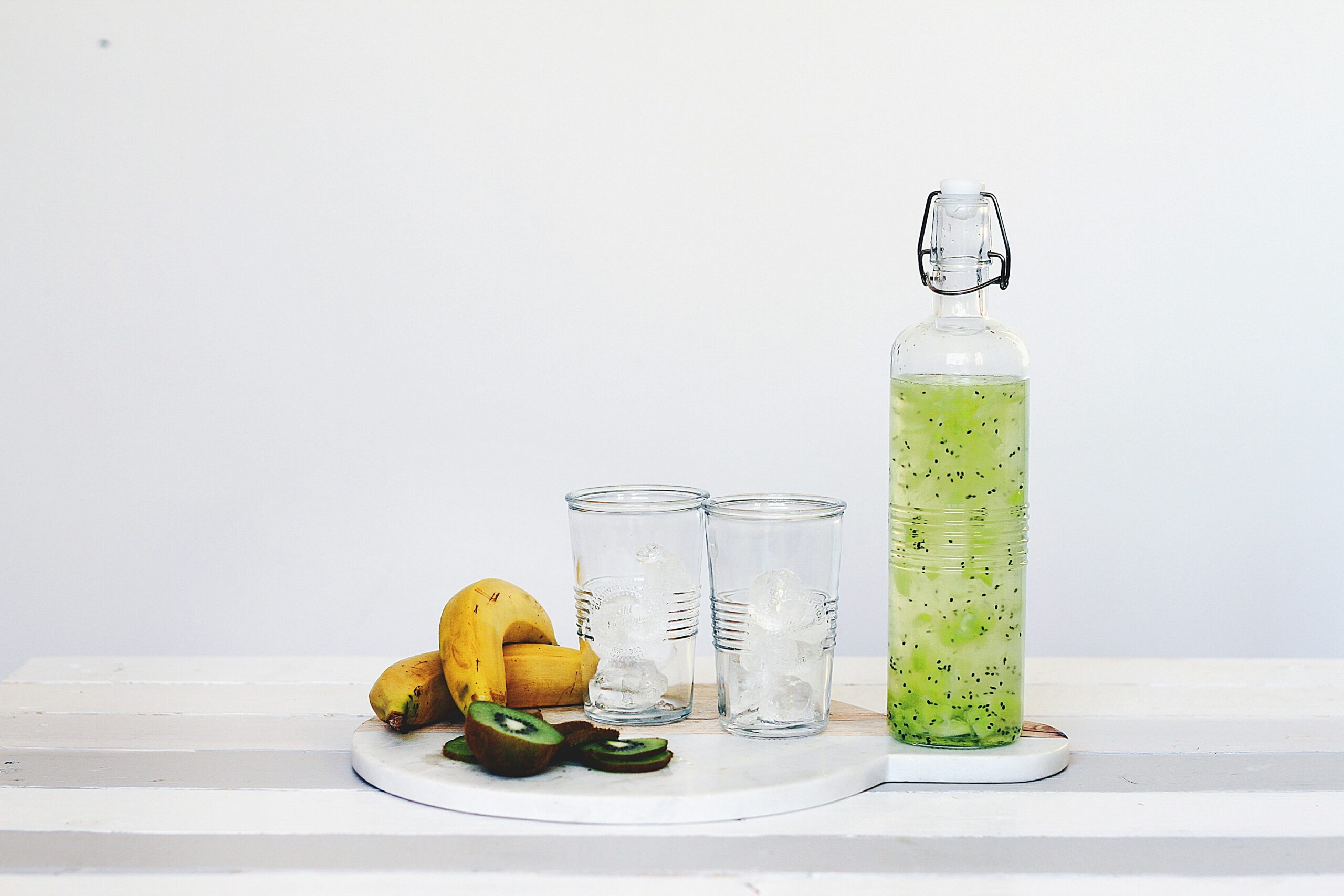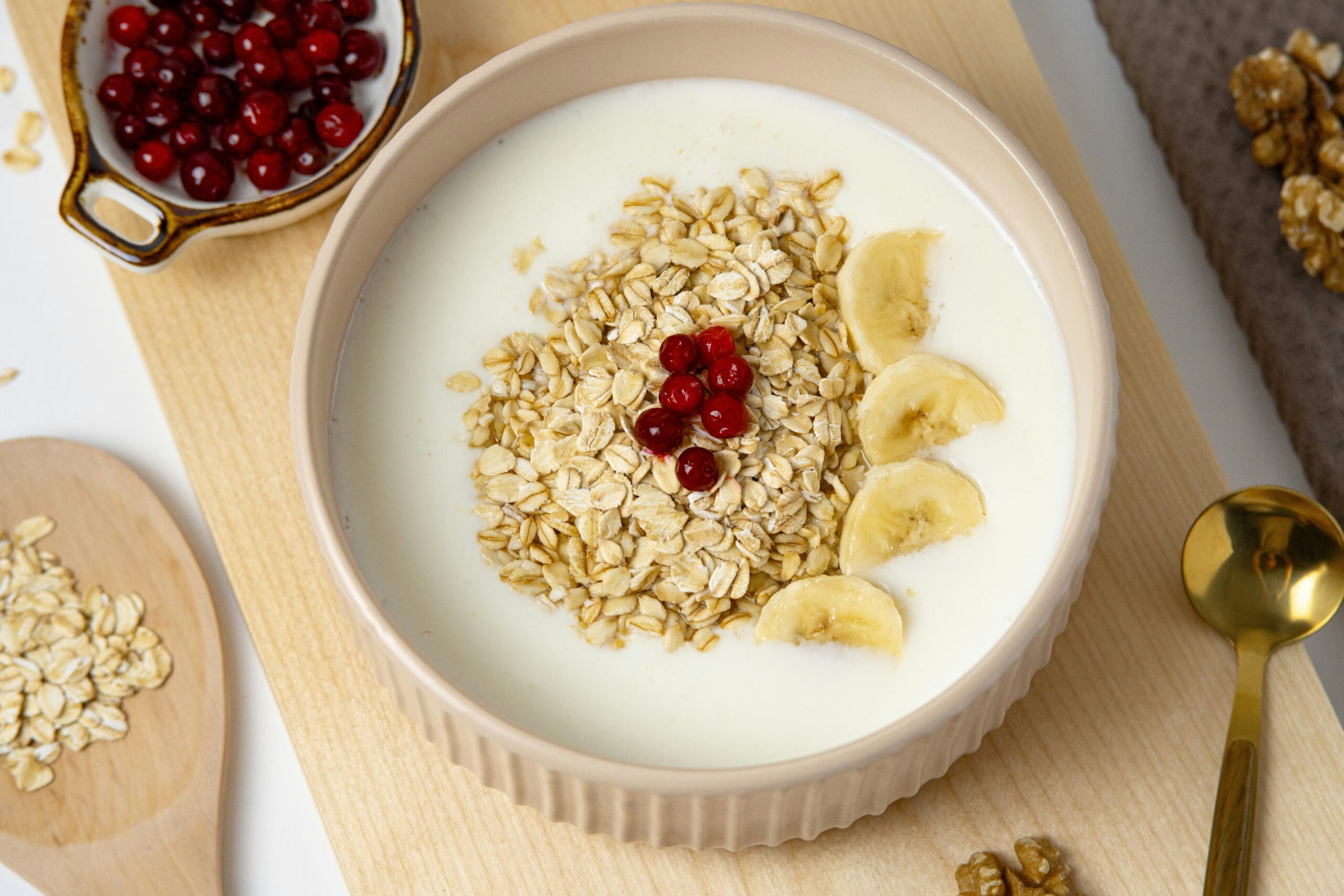Ever slathered on an organic moisturizer only for your skin to feel like it’s suffocating under a greasy film? Yeah, us too. The culprit? A texture thicker than your grandma’s oatmeal cookies. Today, we’re diving deep into the world of “Lightweight Texture” in organic moisturizers—because glowing, breathable hydration is the ultimate flex.
In this guide, you’ll learn why lightweight textures are a game-changer, how to pick the perfect organic moisturizer, and expert tips for making application feel like second nature. Stick around for some killer product examples, a rant about overpriced jars, and maybe even a skincare haiku or two.
Table of Contents
- Key Takeaways
- The Problem With Heavy Moisturizers
- How to Find the Perfect Lightweight Moisturizer
- Tips for Using Lightweight Organic Moisturizers Effectively
- Examples of Products with Lightweight Textures
- FAQs About Lightweight Texture in Organic Moisturizers
- Conclusion
Key Takeaways
- A lightweight texture ensures better absorption without clogging pores.
- Look for ingredients like aloe vera, hyaluronic acid, and jojoba oil for natural hydration.
- Layering techniques can enhance the effectiveness of light moisturizers.
- Opt for certifications like USDA Organic or COSMOS when choosing products.
The Problem With Heavy Moisturizers
“But wait,” Optimist You says, “Don’t I want something thick to lock in moisture?” Grumpy You responds with a sigh: “Yes, but not if it feels like you’re wearing a wetsuit.” Heavy creams often contain synthetic thickeners that sit awkwardly on top of your skin instead of sinking in. This leads to:
- Clogged pores, resulting in breakouts.
- An oily T-zone that could rival midday pizza shine.
- Feeling stifled, especially during warmer months.

Skin needs to breathe, people! That’s where lightweight organic moisturizers swoop in as your skin’s new BFF.
How to Find the Perfect Lightweight Organic Moisturizer
Selecting the right moisturizer isn’t rocket science—but it does require paying attention to details. Here’s how to nail it:
Check Ingredient Labels
Avoid anything ending in -cone (like dimethicone) which might weigh down your skin. Instead, opt for plant-based hero ingredients:
- Aloe Vera: Soothes while keeping things light.
- Hyaluronic Acid: Holds up to 1000x its weight in water—without heaviness.
- Jojoba Oil: Mimics your skin’s natural sebum.
Prioritize Certifications
Go for seals like USDA Organic, COSMOS, or Natrue. These guarantee no hidden nasties.

Test Before Buying
Swatch at stores or buy travel sizes first. What feels airy to one person might vary slightly due to individual skin types.
Tips for Using Lightweight Organic Moisturizers Effectively
- Prep Your Skin First: Always start with a clean canvas and tone before applying moisturizer.
- Apply in Layers: Use a hydrating serum underneath to boost retention.
- Less is More: A pea-sized amount goes farther than you think.
Terrible Tip Alert: Some recommend mixing moisturizer with foundation for dewy coverage. While tempting, this ruins both products’ efficacy. Don’t do it.
Examples of Products with Lightweight Textures
Alright, let’s talk real-world magic. Here are three standout picks:
Example #1: Tata Harper Water-Lock Moisturizer
This cult fave uses pomegranate spheres to burst freshness onto the skin. Smells divine and feels weightless.
Example #2: Herbivore Botanicals Lapis Facial Oil
An oil, yes—but oh-so-light thanks to blue tansy calming irritation instantly.
Example #3: Pai Skincare Avocado & Jojoba Hydrating Day Cream
Rich enough yet surprisingly light, packed with vitamins galore.

FAQs About Lightweight Texture in Organic Moisturizers
- Q: Will lightweight moisturizers work for dry skin?
- Absolutely! They often include humectants like glycerin that draw moisture into deeper layers.
- Q: Do I need SPF separately?
- Most organic moisturizers lack adequate sun protection; layer sunscreen for best results.
- Q: Are lightweight formulas less effective?
- Nope! Modern tech means lighter = smarter delivery systems.
Conclusion
Lightweight texture isn’t just buzz—it’s brilliance. By swapping out heavy creams for their nimble counterparts, you’ll achieve hydrated, breathable skin without the greasy aftermath. Remember to choose certified organic, lean toward simple ingredient lists, and layer strategically.
And there you have it—a foolproof blueprint for mastering the art of lightweight organic moisturizing. Ready to upgrade? Your skin will thank you… probably by glowing brighter than ever.
P.S. Like a Tamagotchi, your skincare routine thrives on daily TLC—and the right moisturizer makes all the difference. 💕


